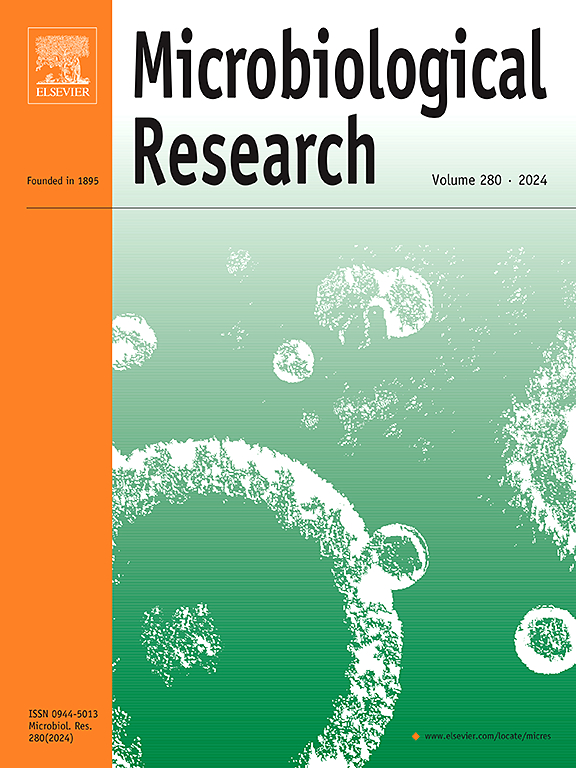Unraveling the potential of bioengineered microbiome-based strategies to enhance cancer immunotherapy
IF 6.1
1区 生物学
Q1 MICROBIOLOGY
引用次数: 0
Abstract
The human microbiome plays a pivotal role in the field of cancer immunotherapy. The microbial communities that inhabit the gastrointestinal tract, as well as the bacterial populations within tumors, have been identified as key modulators of therapeutic outcomes, affecting immune responses and reprogramming the tumor microenvironment. Advances in synthetic biology have made it possible to reprogram and engineer these microorganisms to improve antitumor activity, enhance T-cell function, and enable targeted delivery of therapies to neoplasms. This review discusses the role of the microbiome in modulating both innate and adaptive immune mechanisms—ranging from the initiation of cytokine production and antigen presentation to the regulation of immune checkpoints—and discusses how these mechanisms improve the efficacy of immune checkpoint inhibitors. We highlight significant advances with bioengineered strains like Escherichia coli Nissle 1917, Lactococcus lactis, Bifidobacterium, and Bacteroides, which have shown promising antitumor efficacy in preclinical models. These engineered microorganisms not only efficiently colonize tumor tissues but also help overcome resistance to standard therapies by reprogramming the local immune environment. Nevertheless, several challenges remain, such as the requirement for genetic stability, effective tumor colonization, and the control of potential safety issues. In the future, the ongoing development of genetic engineering tools and the optimization of bacterial delivery systems are crucial for the translation of microbiome-based therapies into the clinic. This review highlights the potential of bioengineered microbiota as an innovative, personalized approach in cancer immunotherapy, bringing hope for more effective and personalized treatment options for patients with advanced malignancies.
求助全文
约1分钟内获得全文
求助全文
来源期刊

Microbiological research
生物-微生物学
CiteScore
10.90
自引率
6.00%
发文量
249
审稿时长
29 days
期刊介绍:
Microbiological Research is devoted to publishing reports on prokaryotic and eukaryotic microorganisms such as yeasts, fungi, bacteria, archaea, and protozoa. Research on interactions between pathogenic microorganisms and their environment or hosts are also covered.
 求助内容:
求助内容: 应助结果提醒方式:
应助结果提醒方式:


